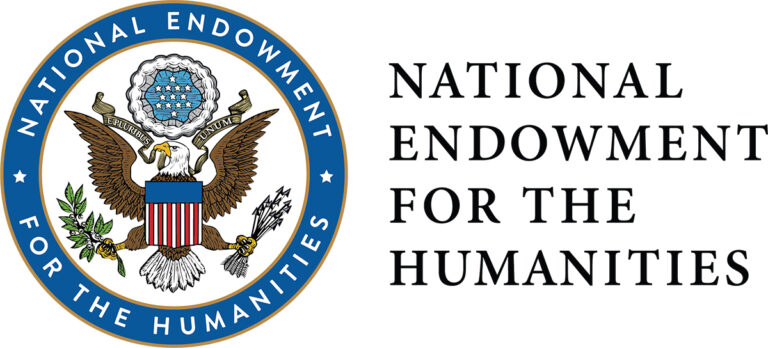
In Fall 2023, History Cambridge received funding from the National Endowment of Humanities for Phase 1, conceptual development and interpretive planning of a new multi-year community storytelling initiative. During 2024 we engaged Rainey Tisdale and Diana Lempel as Phase One consultants. With Rainey’s expertise in urban public history and interpretive planning, and Diana’s expertise in facilitating local history research and story development as well as her knowledge of Cambridge, they were the right team to guide the planning phase. As part of our planning process, they conducted a literature review and a benchmarking scan of existing community storytelling projects. They also undertook a community needs analysis and stakeholder interviews with six local leaders from other Cambridge community organizations.
Through these activities, clarity emerged about why and how storytelling is important at the community level and best practices for developing a local history storytelling initiative. But also, our team planning conversations kept circling back to how much Cambridge residents—and the city at large—are struggling with the overwhelming loss and change they are currently experiencing. It was these conversations that helped us understand what Cambridge needs specifically from community storytelling here and now: it needs Stories for Our Times.
What follows is our resulting community storytelling toolkit, which provides our rationale for community storytelling as essential social infrastructure, as well as a concrete road map for implementing individual storytelling projects. We have created this toolkit to guide our own organization in community storytelling, and we also are sharing it widely with other cultural organizations so they can benefit from our research, planning, and framework.
About the Toolkit
Stories for Our Times is a community storytelling initiative developed by History Cambridge to strengthen social cohesion and collective resilience in our city during a period of profound societal challenges. The initiative responds to a national landscape marked by widespread change, instability, and crisis fatigue that manifests locally through social isolation, fraying social fabric, and many of our residents struggling to cope. When faced with these challenges, timed-tested humanities practices like storytelling can offer grounding and shared meaning-making to help us chart a course forward.
Through this initiative, History Cambridge aims to use constructive storytelling as social infrastructure, working with residents to document and amplify Cambridge stories that demonstrate humanities themes like wisdom, hope, and collective support. By weaving individual narratives of interconnectedness into a shared story of Cambridge’s past and present, the initiative will help residents process change, grieve loss, strengthen community bonds, and work together toward a vibrant vision for the city’s future.
The program pairs “storyweavers” (creative interpreters with deep roots in their Cambridge communities) with “storykeepers” (individuals whose lived experiences and wisdom can light the way forward) for 4-6 month constructive storytelling projects that are shared with the city at large in a variety of formats. Over time, History Cambridge will build a collection of Stories for Our Times that can serve as a vital community resource, helping Cambridge residents navigate the challenges of our times—together instead of alone.
This toolkit provides a practical framework for implementing Stories for Our Times projects, including detailed guidance on project structure, roles, recruitment, documentation, budget, and evaluation. While designed primarily to guide History Cambridge’s own work, this toolkit will be shared widely so other cultural organizations can adapt its approach to address the effects of these challenging times in their own communities through the power of constructive storytelling.
For the latest version of the toolkit, please reach out! info@historycambridge.org
